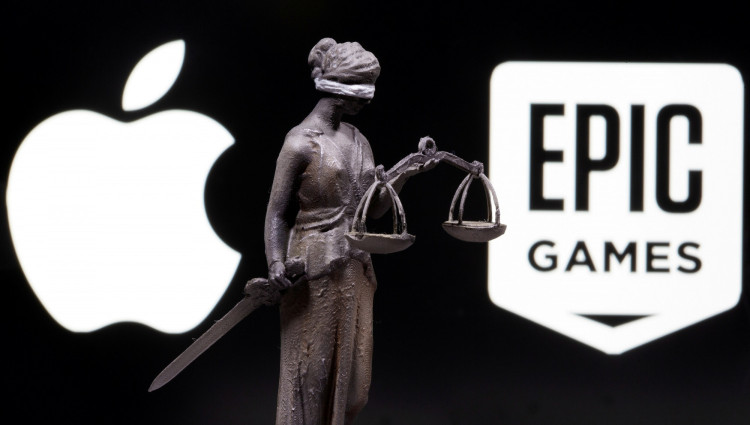Apple and Epic Games unveiled some shocking hidden blunders in each other's business operations during their respective final arguments in court Tuesday.
At the heart of the case is Apple's policy requiring that all apps on its App Store use its in-app purchase system, which charges a fixed 30% commission and all transactions.
Throughout the proceedings, several "awkward" details about Apple and Epic Games were uncovered. This includes one of the biggest hacks on Apple's App Store, which the company did not explicitly disclose, and an apparent flaw in Epic Games' app vetting process.
App Store Hack
As part of the investigation, emails from Apple indicated that it was aware of a massive hack in its network, which was first detected in September 2015. Researchers reportedly notified Apple that it had around 2,500 apps on its App Store that contained malicious code.
Cumulatively, the apps were downloaded more than 203 million times by more than 128 million iPhone Users. Further investigation into the matter revealed that more than 4,000 apps were affected. Around 18 million that downloaded the affected apps were from the U.S., while half were from China.
The hack, which involved the creation of a fake version of Apple's Xcode app development tool, gathered user data such as device identifiers and network info. Apple reportedly did not notify affected users as mandated by state law. It reportedly published a blog that vaguely outlined the hack and disclosed only a portion of the apps that had malicious code.
Sisterly Lust
During the proceedings, Apple made a startling argument as to why it would never host competitors' online stores on its platform. In an explanation that potentially also embarrassed Epic Games, Apple pointed out how apps such as "Sisterly Lust," which can be found in indie games marketplaces such Itch.io and the Epic Games Store, were allowed to be sold.
Apple's attorney Karen Dunn said the explicit dating simulator contained themes and language that are inappropriate for the company's platform.
"You may not be aware then, but the description of that game includes a list of fetishes which include many words that are not appropriate for us to speak in federal courts," Dunn said.
Fraudulent Purchases
Apart from Epic Games' flawed vetting process, another set of private emails between Epic CEO Tim Sweeney and Ubisoft CEO Yves Guillemot in 2019 were made public. In the exchange, Sweeney had apologized to Guillemot over how scammers had managed to use stolen credit cards to buy Ubisoft games in the Epic Games Store.
"Fraud rates for other Epic games store titles are under 2% and Fortnite is under 1%. So 70% fraud was an extraordinary situation. The fault in this situation is entirely Epic's, and all of the minimum revenue guarantees remain in place to ensure our performance," Sweeney wrote.






